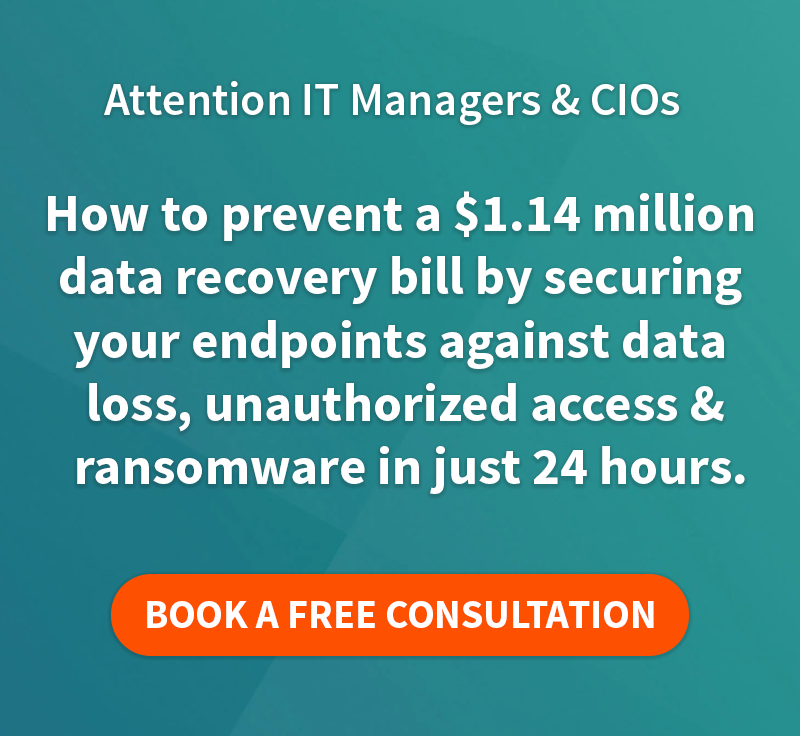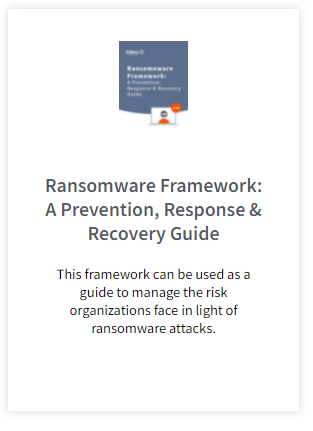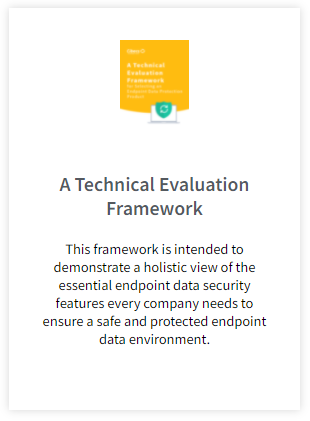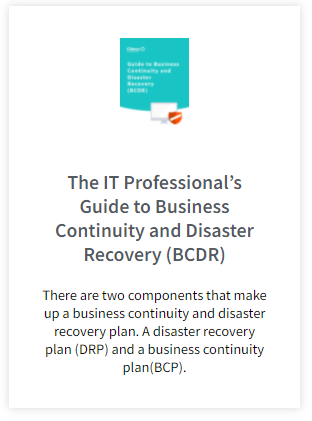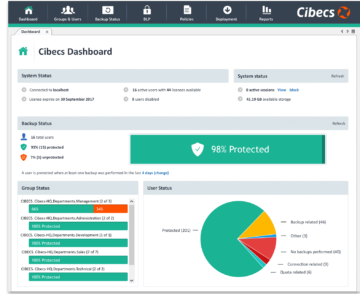The best way to protect yourself, your users and your business against ransomware is by setting up a proactive defence. The ransomware statistics paint a frightening picture for anyone in charge of IT: In Q3 2016 alone, 18 million new malware samples were captured. Source: Panda Labs What that means is that the criminals…
In South Africa, the release of the King III Report in March 2010, as well as the implementation of the new Companies Act last year, means businesses are alert to the consequences of data loss and the importance of taking responsibility for IT governance and data archival.
Denial: It’s just hiding… it’ll be back.
In the aftermath of data loss, you’re the guy standing in a corner experiencing the dark clutches of denial. Not only is it an organisational risk with harsh enterprise implications but, on a more personal level, it can be damaging to your reputation and mean begrudgingly working overtime to replace what’s been lost, if at all possible. This is when you might reflect on the precautions that were in place:
‘But we had a data backup policy?’ Data backup policies do not work.
They don’t work because users forget, don’t have the time, backup the wrong kinds of data (like music and movies,) or don’t want their confidential information becoming openly available
- In the Cibecs 2010 Data Loss Survey almost half the respondents listed “users not following backup policies” as their biggest obstacle and cause of data loss.
- Local bandwidth and storage is expensive and, with a backup policy that relies on users to responsibly backup their data, it’s often wasted
Anger: $^$# data &^%$)!
Don’t get mad, rather get the right disaster recovery plan in place. There is no single solution to business continuity planning but there are basic guidelines that, if followed, will ensure vastly improved IT preparedness. There are six basic questions you should ask yourself as you begin to plan against future data loss disasters, the most important of which is:
- How quickly can our company recover from data loss?
Bargaining: Gods of fate… are you listening?
Now that your data has gone you might begin to bargain, hoping that there’s something you can do or say to get it back.
- There probably isn’t
Instead you can plan to effectively backup your data in the future through utilisation of a reliable enterprise PC backup solution that offers fully centralised and automated control of your company’s business critical data.
Depression: It’s my fault, I should have been prepared.
Preparedness is vital in anticipation of data loss.
Backing up (and recovering lost) data is easy enough with the right software. Some of the basic features your data recovery software solution should offer are:
- A simple and fast data recovery process
- Central management of user data
- Automated backup featuring data encryption, data compression, and incremental backups to assist with security and IT infrastructure optimisation.
- Optimised use of IT infrastructure is especially prevalent in South Africa where bandwidth availability does not compare favourably with international trends.
A reliable data backup and recovery solution offers benefits not only in times of data loss, but also adds value on a daily basis by way of faster and more accurate migration of user data and much improved IT service delivery to desktop and laptop users.
Acceptance: It’s gone…But I won’t let my data leave me again.
Your business data may have been lost and you’re left wandering the world alone without it, but, you’ve accepted the fact and you’re now determined to never let it happen again. A formulated data backup and recovery solution will ensure reduced costs, less user downtime, risk reduction and protect you (and your business) from the ultimately emotional and totally unnecessary experience of business critical data loss.
FEATURED POSTS
IT Managers: How to Protect Your Users Against Ransomware
The best way to protect yourself, your users and your business against ransomware is by setting up a proactive defence. The ransomware statistics paint a frightening picture for anyone in charge of IT: In Q3 2016 alone, 18 million new malware samples were captured. Source: Panda Labs What that means is that the criminals…
Cibecs Joins Silicon Valley Top 20
Cibecs Joins Silicon Valley Companies to be Listed on Top 20 Most Promising Storage Solution Providers Cibecs, a leading South African endpoint backup, protection and security solution, has been recognised as one of the 20 Most Promising Storage Solutions by CIO Review. The list, compiled by industry insiders, highlights leading global technology providers that offer effective…
4 Signs You Need a New Endpoint Data Backup Solution
With more workers depending on laptops it is more important than ever to ensure that the work protected and stored on those devices is backed up and protected. Forrester Research says that 45% of corporate executives don’t follow policies for data use and handling. Underlining how at risk almost half of a business’s data actually…


